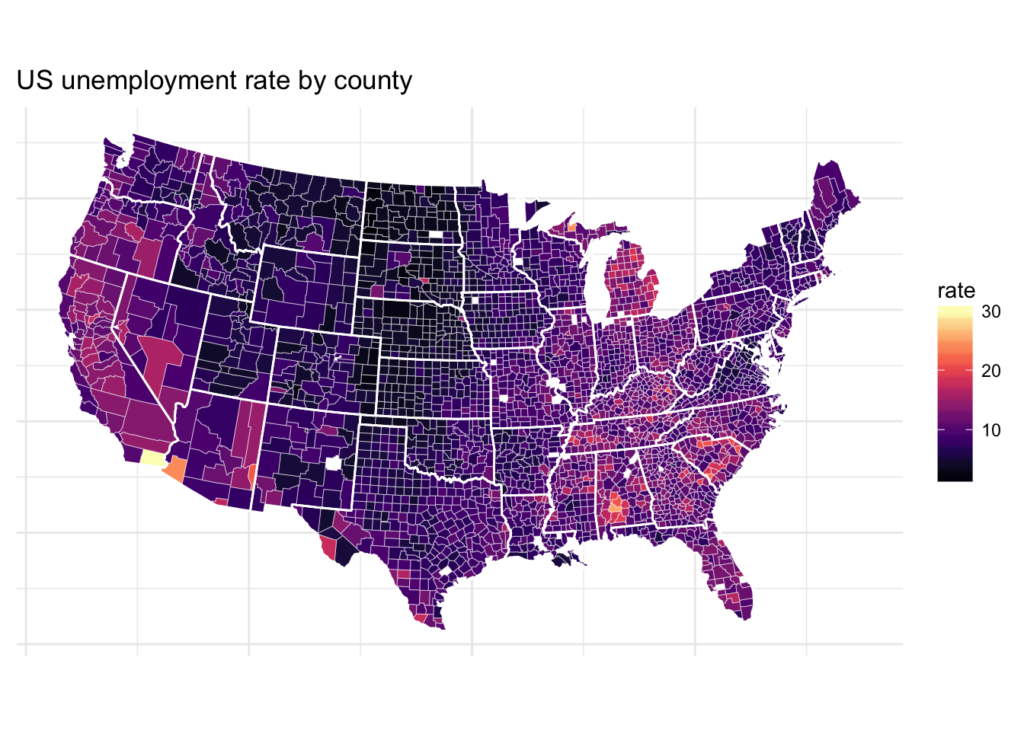If You Care About Equity, Use R
If you care about issues of equity and you work with data, you should use R. Yes, a humble data analysis tool can play a small, if important, role in creating a more equitable society.
The first way that you may connect R and equity is with who uses it. Proprietary software like SPSS, SAS, Stata, and the like can cost thousands of dollars, making them inaccessible for many living outside of the wealthiest countries. R is famously free. If you have a computer you can use it. Efforts like Chromebook Data Science and the move to using R in the cloud reduce barriers even further.
A recent article by Dan Kopf in Quartz also highlighted the key role that R-Ladies has played in making data science inclusive. By empowering women and non-binary people to learn R, the group hopes that "R might just become the first programming language without a gender gap."
The inclusive and supportive community that R is known for
Another way that R facilitates equity is by creating ways to make data visualizations accessible for all consumers. The viridis package, for example, makes it easy to create figures with color schemes that are perceptible to those with various forms of colorblindness.
Fundamentally, it is the open source nature of R that facilitates packages with built-in aims of social justice. But, as Ted Laderas pointed out, open source alone is a necessary but not sufficient condition to creating tools that focus on equity. Again, the welcoming and inclusive nature of the R community is what facilitates the creation of packages aimed at social justice.
I would say it really depends on the open source software community and their dedication to inclusion. As many have noted, the R Community wasn't nearly as friendly & inclusive 10 years ago. Kudos to @RLadiesGlobal and everyone else who have made it a welcoming community.
— Ted Laderas @[email protected] (@tladeras) July 16, 2019
While not all open source communities are welcoming and inclusive (see this discussion on #bropenscience, i.e. "bro open science"), those that are have structures that can lead to greater equity.
Think about this in contrast to proprietary software. To the degree that SPSS, SAS, or Stata decide to implement features with equity aims, it is because they make businesssense. Yes, companies can make choices on moral grounds, but, as we all know, they often fail to do so. Even if they do embrace equity in the design of their software, proprietary tools are developed slowly. New features can take months or years to implement.
In R, it's different. Anyone can make a package in a few hours to add new functionality, and there are thousands of packages that do nearly anything you can think of. In the unlikely event you can't find a package that does something you want to do, you can make your own.
So, to recap:
R is free.
R can be used by anyone with access to a computer.
With its welcoming and inclusive community, R users make packages focused on equity.
If you care about social justice, there's no better tool to use than R.
Sign up for the newsletter
Get blog posts like this delivered straight to your inbox.

You need to be signed-in to comment on this post. Login.